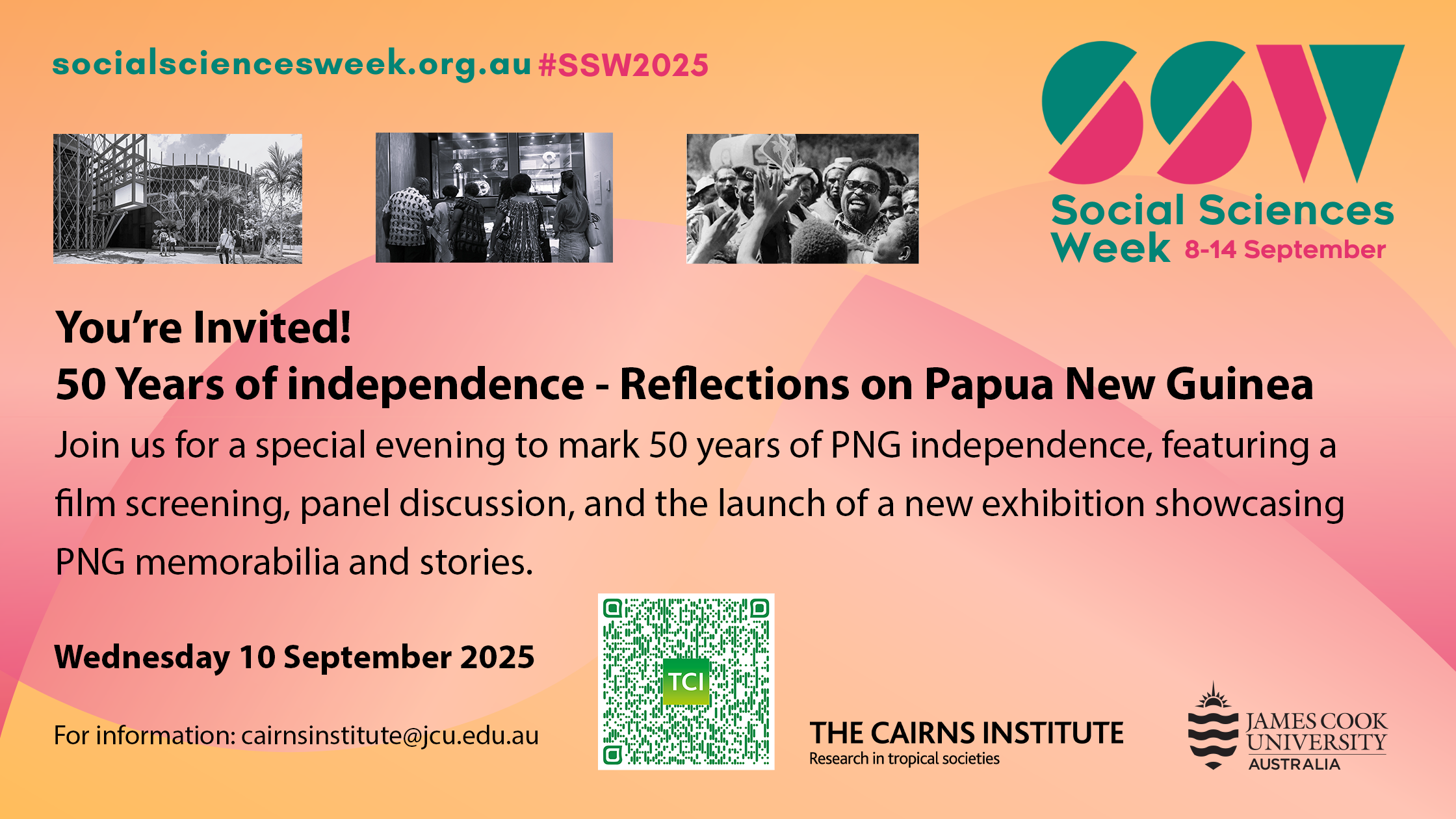Swim City: Mapping and researching urban swimming (CANCELLED)
THIS EVENT IS CANCELLED DUE TO ILLNESS - Tickets holders will be contacted if a new date is scheduled Join us for the official launch of Swim Melbourne, an online storymap of places to swim and a panel discussion on swimming research. Urban swimming is an activity growing in significance and popularity, with people enthusiastically plunging into rivers, oceans and pools all around their cities. As well as exercise, swimming places offer refuge from the heat, connection with community, and space for play and rest. Indoor and outdoor pools, rivers, and beaches each offer different pleasures and risks, all of which are part of the decisions we make about where to swim and what to pay attention to when we are in the water. This map aims to help swimmers make informed decisions about their option of places to swim, as well as share information about risks and safety. Finally, it also offers swimming stories of Melbourne, to share the diversity of what swimming is like in this city. The launch will be followed by a panel of social science researchers whose work explores topics including waterways, rivers, swimming, and community connection. We will explore the richness of social science […]



